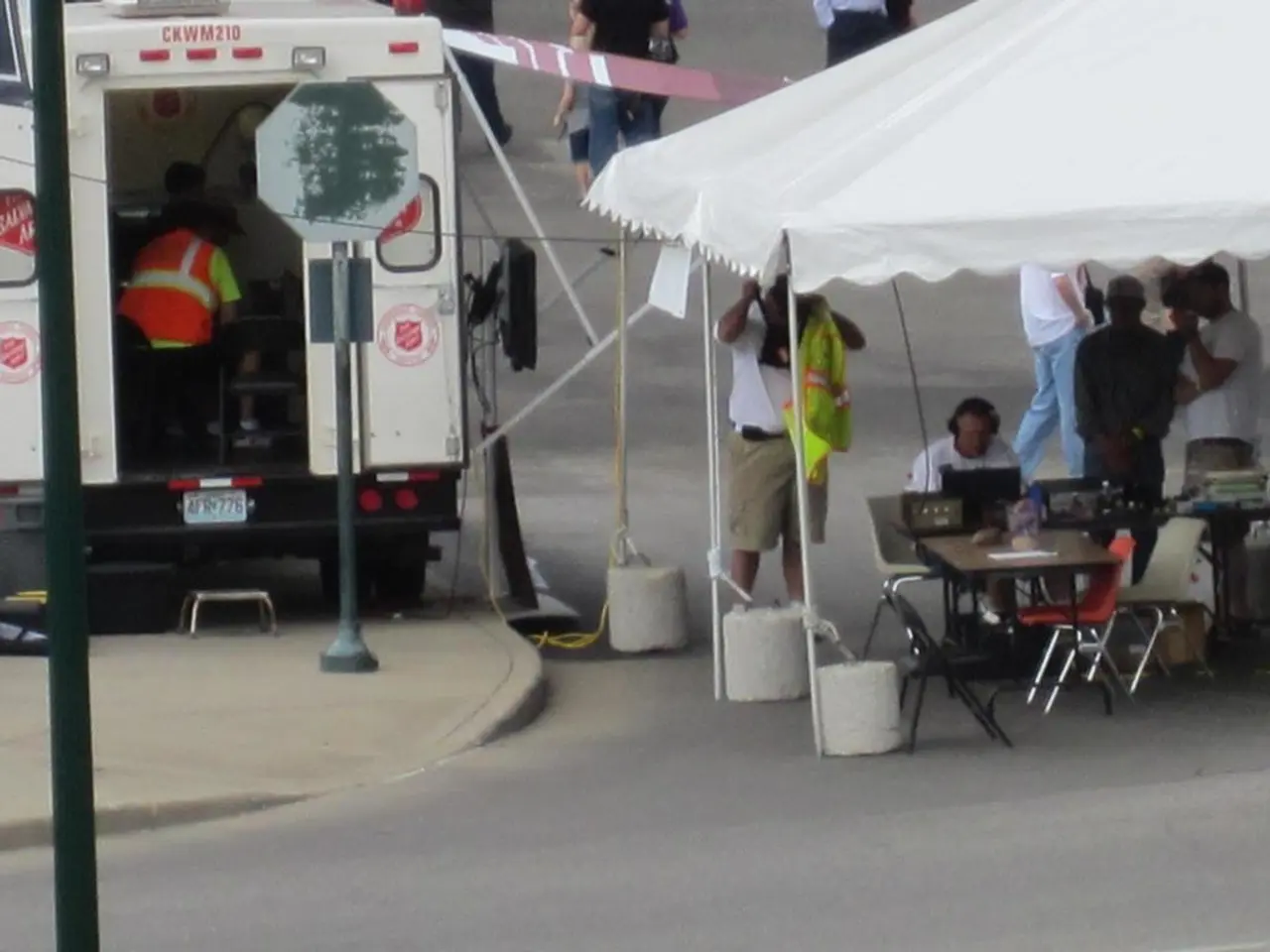Diplomats from the EU and 26 foreign ministers advocate for non-governmental organizations to gain entry to Gaza.
Israel is facing pressure from a coalition of 26 Western countries and the European Union Commission to allow humanitarian aid deliveries into the Gaza Strip. The urgent call comes as the population in Gaza grapples with a severe food crisis and humanitarian emergency.
According to reports, meal provision has been drastically reduced by 74% compared to April 2025, with only approximately 259,000 meals delivered by early August. This falls far short of the actual need.
In an attempt to alleviate starvation and suffering among civilians, international representatives are requesting essential items such as food parcels, wheat flour, bulk food for community kitchens, and water, sanitation, and hygiene (WASH) supplies.
However, since late July, about 12,000 metric tons of food items have been introduced, but over 90% of these have been looted or diverted along convoy routes, significantly undermining the aid effort.
The situation has become critical, with many Palestinians being killed or injured while trying to reach or receive humanitarian aid. Over 1,370 fatalities have been reported between May and early August 2025, highlighting the danger and urgency of safe humanitarian access.
International aid organizations have reported that significant quantities of aid, including WASH and hygiene items valued at millions of dollars, have been rejected or blocked from entering Gaza by Israeli authorities, further exacerbating the crisis.
Critics also emphasize that current distribution mechanisms, such as the militarized Gaza Humanitarian Foundation (GHF) scheme, are linked with violence and control rather than solely humanitarian relief.
In response, the international community is pressing Israel for unimpeded, regular entry of food, hygiene supplies, and water sanitation kits, along with safe, effective distribution free from violence and interference, to prevent further civilian suffering and deaths in Gaza.
Israeli Prime Minister Benjamin Netanyahu, however, has denied the existence of famine in the Gaza Strip. The joint declaration issued by the representatives demands immediate and permanent access for the United Nations, non-governmental organizations, and humanitarian actors to the Palestinian territory.
The countries involved in the pressure on Israel include Australia, Canada, Iceland, Japan, Norway, Switzerland, and the UK, among others. Germany, however, is not involved in this pressure.
The declaration also emphasizes the need to protect civilians and aid workers at distribution points and calls for all border crossings and routes to be used for humanitarian aid to Gaza. It further stresses the immediate need for action to stop the spreading famine in the region.
- The urgent need for humanitarian aid in the Gaza Strip is not limited to food supplies, as international representatives are also requesting essential items like water, sanitation, and hygiene (WASH) supplies, which are crucial in preventing the spread of disease during this crisis.
- The joint declaration, calling for immediate and permanent access for the United Nations, non-governmental organizations, and humanitarian actors to the Palestinian territory, has been signed by a coalition of 26 Western countries and the European Union Commission, including Australia, Canada, Iceland, Japan, Norway, Switzerland, and the UK, with German support being notably absent from this pressure on Israel.






